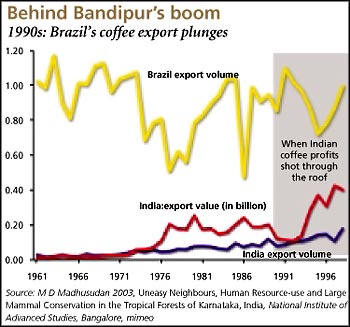The two major farmers' organisations in the State, the Karnataka Rajya Raitha Sangha (KRRS) and the Karnataka Prantha Raitha Sangha (KPRS), have welcomed the loan waiver scheme for small and medium farmers announced in the Union Budget, but have made it clear that it falls far short of addressing the serious agricultural crisis that they say the State is in. "A positive step, but incomplete,' is how G.C. Byya Reddy, General Secretary of the KPRS, described Union Finance Minister P. Chidambaram's scheme that offers to waive the crop loans taken from commercial banks, regional rural banks and cooperative credit institutions by small and marginal farmers up to March 31, 2007; and for other farmers offers a one time settlement scheme on loans overdue on December 31, 2007 with a 25 per cent rebate if the remaining 75 per cent is paid. "The loan waiver should have been extended to all sections of farmers other than big landlords as it is only a very small section of small and medium farmers who get loans from banks. A majority of them borrow from informal sources as banks do not consider them creditworthy,' Mr. Reddy told The Hindu. Only 26 per cent of the total farming community is covered by institutional credit, he said. Input costs "Not bad but not good either,' KRRS president K.S. Puttanaiah told The Hindu. "The Budget will not stop farmers from committing suicide as it does not address the problem of increasing cost of inputs, labour and other expenses that are pushing up the cost of cultivation and of living for the farmers. There is no talk of an agricultural policy,' he said. ] According to him, an estimated 10 lakh to 15 lakh agricultural families would be benefited by a crop loan waiver of about Rs. 15,000 crore. "However, this is only a temporary solution, not a permanent one,' he said.




